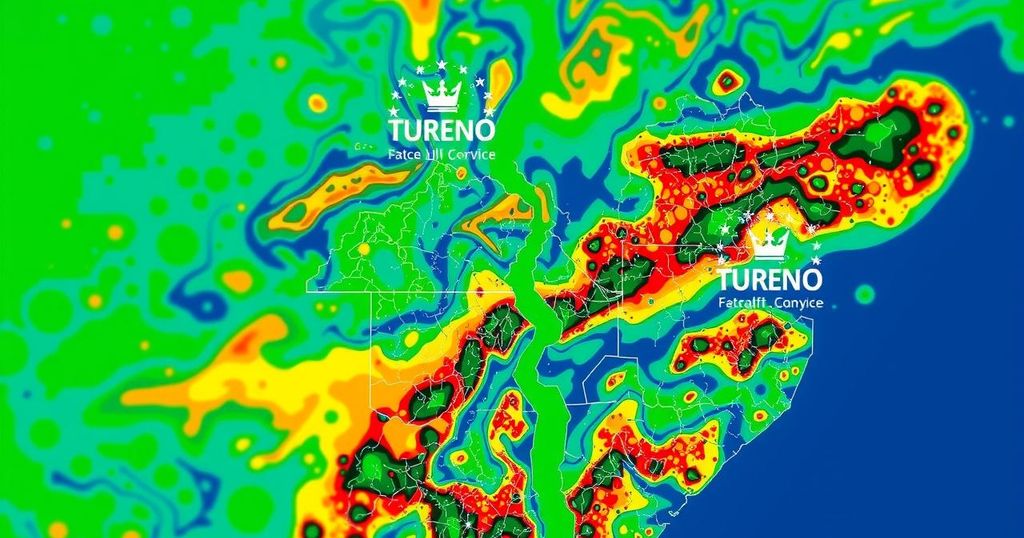Delegates from Burkina Faso and Togo engaged in a learning mission to Sweden and Italy to improve flood forecasting and disaster management practices. They acquired valuable insights into operational protocols, the importance of local data integration, and the necessity of establishing robust flood management frameworks. The exchange will inform the development of standard procedures for national flood warning systems in both countries.
Specialists from Burkina Faso and Togo recently embarked on a significant journey to enhance their understanding of flood forecasting and early warning systems by participating in a knowledge-sharing mission to Sweden and Italy. The delegation aimed to glean operational protocols and frameworks necessary for effective disaster management and early action. During their visit, the group was educated on integrating local data to bolster flood forecasting performance. The initiative, led by the organizations Early Warnings For All, brought together hydrological and meteorological services from both countries to enhance collaboration on operational flood warning systems. The mission, which ran from October 16 to 23, 2024, began in Norrkoping, Sweden, where specialists learned from the Swedish Meteorological and Hydrological Institute (SMHI) about the methods of producing and disseminating meteorological and flood forecasts. In Malmo, local leaders showcased their initiatives for adaptation and resilience against flooding, emphasizing the critical need for effective solid waste management to mitigate urban flooding risks. Transitioning to Italy from October 20 to 23, the delegation was received by Rome’s Civil Protection authorities, who shared insights into the monitoring of hydrometeorological hazards and streamlined communication among stakeholders involved in flood warning systems. The group subsequently visited the Civil Protection Center in Genoa, focusing on the significant role of local data in flood forecasting. In Savona, the CIMA Foundation highlighted the necessity of integrating scientific and technological advancements to foster interoperable tools vital for monitoring and forecasting. The overarching conclusion drawn from the Italian leg of the journey was the imperative need for a comprehensive national legal framework for flood risk management, advocating clearly defined roles for all levels of governance and enhanced inter-institutional collaboration.
The issue of flood forecasting and early warning is increasingly crucial in the context of climate change, which has intensified the frequency and severity of flooding events. Effective flood management relies on robust forecasting systems and proactive disaster risk management to minimize impacts on vulnerable populations. The collaboration between institutions in Burkina Faso and Togo represents a concerted effort to build their capacities in these areas by learning from successful models implemented in Sweden and Italy. These countries have established advanced methodologies for monitoring hydrometeorological hazards and have effective communication strategies that can serve as a blueprint for other nations facing similar challenges.
In summary, the knowledge-sharing mission to Sweden and Italy has significantly inspired Burkina Faso and Togo to enhance their flood forecasting capabilities and disaster risk frameworks. The identified need for a cohesive legal and operational framework, alongside the emphasis on integrating local data, will be pivotal in developing effective flood warning systems. Future efforts will focus on creating standardized operating procedures to implement the lessons learned during this exchange.
Original Source: www.miragenews.com







